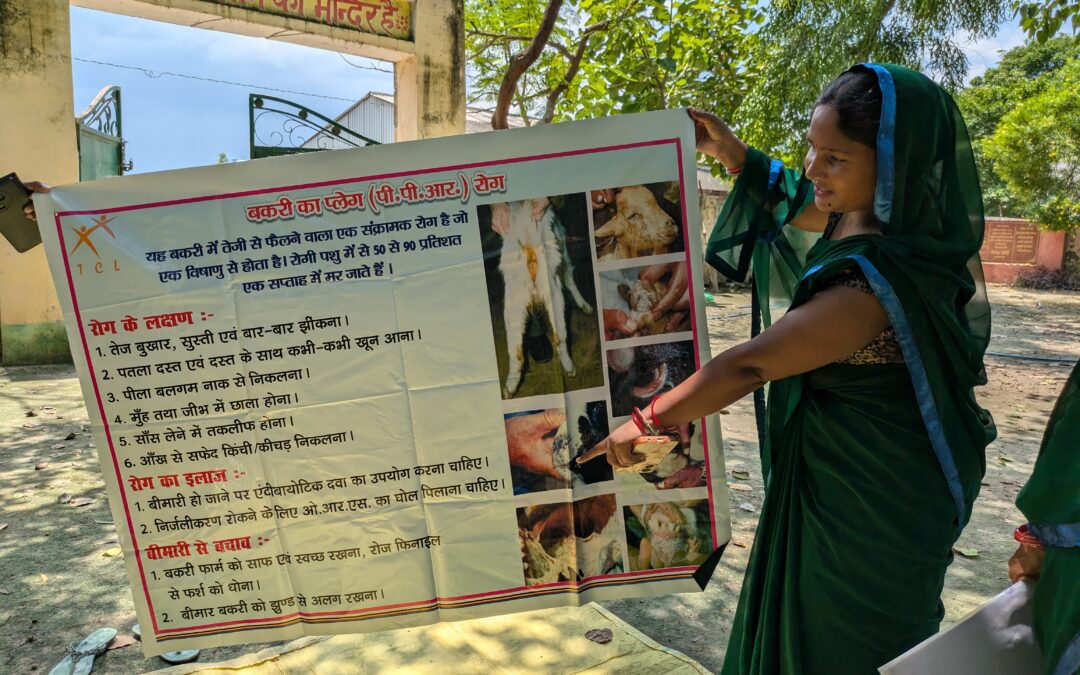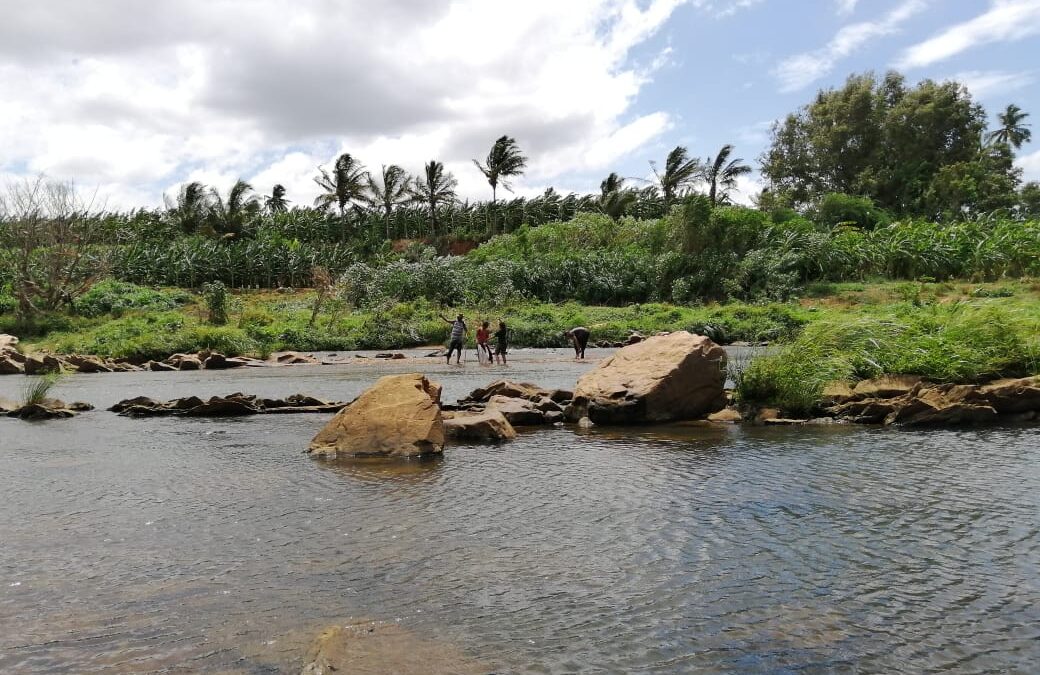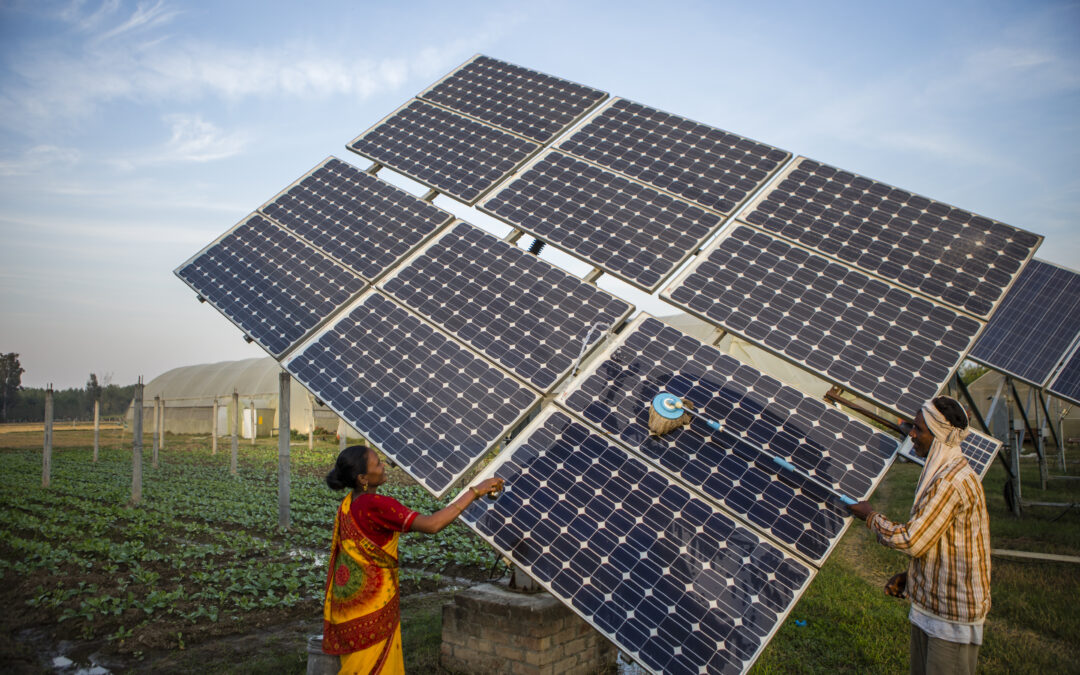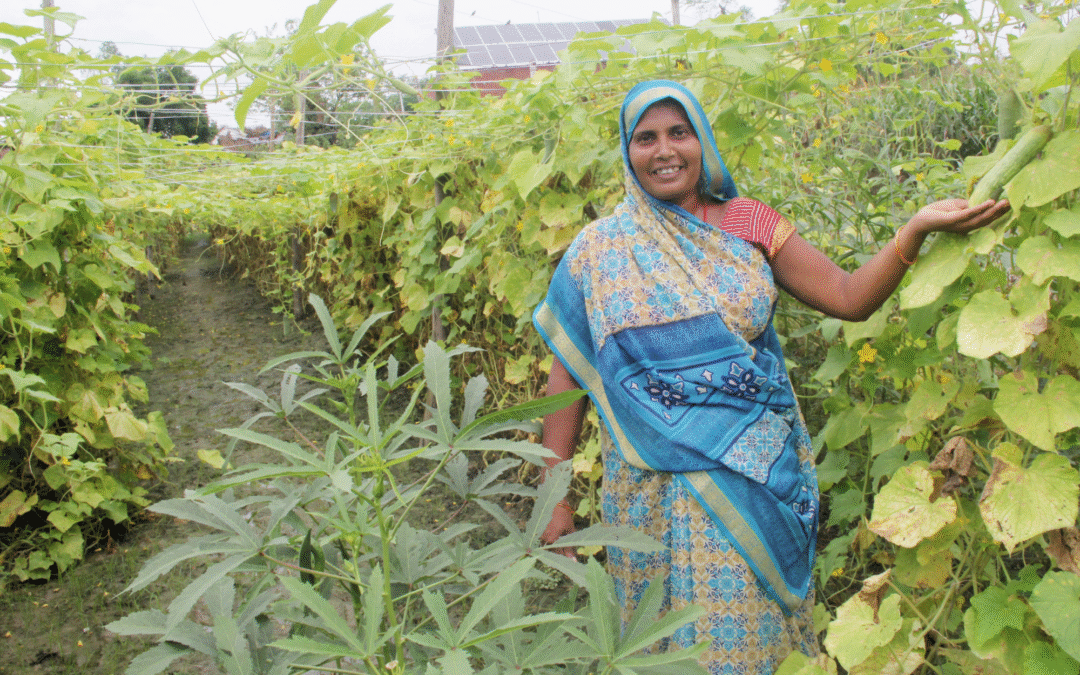Products and Platforms
The Products and Platforms programme builds open-source tools, datasets, and collaborative platforms to improve outcomes in the water and social-impact sectors.
Illustration by Sarayu Neelakantan
The Green Rural Economy (GRE) platform is the centrepiece of the Platforms and Partnerships programme.
It connects changemakers with service providers to accelerate the discovery and implementation of sustainable solutions.

GRE has collaborated with several grassroots organisations to document their expertise as playbooks
Our Work
Setting Up the Raichur Bioregional Hub
We are using insights from the Odisha Sandbox to roll out the Raichur Bioregional Hub in collaboration WELL Labs’ Rural Futures programme. It follows a place-based approach, that is, comprehensively addresses economic and environmental challenges in Raichur district rather than focusing on one issue, such as livelihoods or food security.
Enabling Other Organisations to Set Up Hubs and Accelerate Collaboration for Rural Development
To scale the place-based approach, we are codifying its architecture and workflows, and sharing these with interested organisations. Our Clinics and directories are the entry points to establishing hubs.
Facilitating Market Access for Farmer Producer Organisations
We are working with retail and B2B platforms to map the entire value chain of agricultural produce. This exercise is helping farmer producer organisations develop in-demand products, get the right value for them, and avoid wastage.
Using Digital and Outreach Tools to Increase Access to and Discoverability of Solutions in the Development Sector
To facilitate requests for solutions and match service providers with those in need of a particular solution, we are deploying:
1. Online radio services
2. WhatsApp groups
3. Vernacular Facebook groups
4. Participatory media platforms created by Gram Vaani
To make our directory of solutions and services more accessible, we are using chatbots and the United Krishi Interface, a community-led local open agriculture network enabling access to agri-inputs, services, and advisory.
Fostered 80 Collaborations for Sustainable Solutions (Ongoing)
Partners: Rainmatter Foundation, WASSAN, SOPPECOM, Himalay Unnati Mission, Aarogya Naturopathy Village, Saahas, and SOUL, among others
We facilitated 80 matches between organisations working on various themes, such as agriculture, waste management, and livelihoods. This helped them find and implement tried and tested solutions, build partnerships to achieve shared goals, and scale their work to new locations.
Published 40 Playbooks to Promote Cross-Learning (Ongoing)
Partners: Axis Bank Foundation, Ibtada, Trust Community Livelihoods, Development Support Centre, Industree Foundation, Bindi International
Our playbooks are guides for rural communities to learn and implement solutions. Over the past year, we created 40 playbooks covering topics such as agriculture, animal rearing, water management, livelihoods, waste management, and entrepreneurship. This included collaborations with Axis Bank Foundation’s grantees to document and disseminate their institutional knowledge and experiences as playbooks.
Organised 25 ‘Clinics’ to Address Queries and Troubleshoot Challenges of Social-Sector Organisations (Ongoing)
Partners: Akshayakalpa, Lipok Social Foundation, National Coalition for Natural Farming, PRADAN, Tarun Bharat Sangh, Tieedi, Vaagdhara, and Sahas Waste Warriors, among others
We received requests for support from various organisations, which we addressed through 25 ‘Clinics’. These are virtual or in-person sessions to connect two groups: those seeking solutions for specific problems in the context of rural livelihoods and experts who have successfully implemented similar solutions. The Clinics led to training sessions, consultations, and long-term support. In many cases, participating organisations signed Memoranda of Understanding (MoUs) to collaborate on initiatives.
Built Directories of Solutions and Services (Ongoing)
Partners: EcoRestoration Alliance and ClimateRISE Alliance, among others
The GRE platform hosts a directory of services and solutions. Over the past year, we enhanced the directory with over 125 documented solutions in the domains of water resources, ecosystem conservation, and agroecology.
Integrated the Sandbox Concept into Green Rural Economy (Completed)
Partners: Socratus, Nature’s Club, and Livelihood Alternatives, among others
A sandbox is a space allowing for the testing of new ideas, approaches, and technologies in a real-world setting within the controlled parameters of a particular geography. The Odisha Sandbox helped surface over 100 requests for solutions, which we matched with appropriate solution-providers. It also used tools built by Socratus to:
1. Bring together communities, grassroots organisations, and the local administration to build sustainable livelihoods.
2. Further climate mitigation and adaptation strategies that incorporate community perspectives and local knowledge.
Research

A Simple Guide to Making an Effective Playbook
Gargi Anand and Smita Kumar lay out how to document and share solutions using playbooks for the development sector

Challenges and Opportunities for Catalysing Corporate Water Stewardship in India’s River Basins
Given the push for investments in the water sustainability space, businesses need to be better informed about where the big problems lie so that projects can be properly planned and executed. But there’s a data gap. Our comprehensive study of three important river basins — Cauvery, Ganga and Krishna — aims to address this gap.

Farmer Responses to Solar Irrigation in India: Agent-Based Modelling to Understand Sustainable Transitions
We applied an agent-based modeling (ABM) approach to understand farmer choices and transitions before and after solar irrigation in six districts
Blogs & Op-eds

Accelerating Collaboration for Rural Development | Insights from the Platforms and Partnerships Programme
The Platforms and Partnerships team shares insights from their work on the Green Rural Economy platform

Success Stories from the Green Rural Economy Initiative
We foster collaboration between social-sector organisations, enabling them to better address the challenges they face and expand their sphere of impact. This has benefitted organisations working on agriculture, waste management, and livelihoods, among other issues

From Doubts to Direction: How ‘Clinics’ for the Social Sector Can Spark Action and Collaboration
Clinics are virtual or offline sessions that promote knowledge-exchange between two groups: experts from an organisation or enterprise and people seeking solutions in the domain of rural livelihoods
If you would like to collaborate with the Products and Platforms programme or have any questions, reach out to us at welllabs.platforms@ifmr.ac.in
